Filling the gap in regional SuDS providers
Led by:

M.B.Roche & Sons Limited is a well established Civil Engineering, Infrastructure & Construction Contractor based in Hull & East Yorkshire. They have extensive experience and expertise in providing civil engineering solutions from minor works to major projects.
The challenge
PROJECT PARTNERS


SUPPLY CHAIN EXPERTISE NEEDED TO GROW REGIONAL FLOOD RESILIENCE
The Flood Innovation Centre and our regional stakeholders have identified a gap in the service offering around the knowledgeable installation of Sustainable Drainage Systems (SuDS) and the related monitoring equipment. Locally, small civil SuDS infrastructure work is often awarded to large national companies as a result of this gap. Several local key stakeholders have indicated that this type of service will become increasingly important as they continue to roll out Smart Cities initiatives and having small local firms on hand to deliver these installations will help to improve communications and reduce the carbon footprint of these types of work, while bolstering the local economy.
After attending a FIC workshop along with representatives from many local stakeholder organisations, Dan Roche of MB Roche Civil Engineering was awarded a contract for the installation of some exemplar SuDS raingardens. To ensure that they were properly installing these SuDS components, Dan approached us to help them to better understand how raingardens function and to ensure that the installation contributes to the components’ performance in reducing surface water flooding.
The solution
PROJECT LEAD
 Hiatt Jackson,
Hiatt Jackson,
Technology Research Manager
PROJECT TEAM
Lead Researcher: Stuart McLelland, Deputy Director, Energy & Environment Institute
BUILDING BEST PRACTICE INTO PROJECT DELIVERY THROUGH ACADEMIC & INDUSTRY NETWORKS
The Blue-Green Lab at the University of Hull presented an excellent opportunity to work with Roche on the delivery of real, working raingarden installations. The Blue-Green Lab is a campus-wide living laboratory that helps us understand the hydrology on campus and the impacts that blue-green infrastructure, such as SuDS, have on the attenuation and retention of water over time.
The Flood Innovation Centre secured the support of GreenBlue Urban, experts in pre-fabricated SuDS structures, and received a donation of two of their Hydroplanters to support the intervention by guiding the installation process. Additionally, as these were to be monitored with a suite of sensors, Dr Stuart McLelland worked closely with the Roche Team to ensure that they had the necessary understanding of the sensing equipment to ensure that it would be installed to give accurate measurements. Time-lapse photography equipment was installed to help analyse the installation process and to aid Roche Civils as a teaching and training resource for future work of this type.
As the data continues to come in over time, the University will share and discuss these results with Roche and help them to understand how to use it to demonstrate the impact of their work. We will also use this work as an exemplar for discussion with the wider community on how collaborations of this type have led to innovation in the field of sustainable drainage in a local context, providing positive exposure for both the Blue-Green Lab and Roche Civils.
“Working with Hiatt and Stuart on this raingarden installation has provided our team with an opportunity to learn more about this type of infrastructure and how it can have more impact on surface water flooding as a direct result of how we carry out the works. Working with the Flood Innovation Centre has already helped us to secure new work and allowed us to include sustainable drainage installation and installation of hydraulic monitoring systems as services that we can confidently offer to the local area.”
Dan Roche, Director
M.B Roche Civil Engineering Ltd
The RESULT
A BUSINESS READY TO GRASP NEW OPPORTUNITIES IN FLOOD RESILIENCE
As surface water flooding increases due to climate change, it is becoming increasingly important that we can implement sustainable drainage measures quickly and effectively. Having a strong and knowledgeable local workforce is a way to do this with a relatively small carbon footprint in a way that helps to grow our local economy and support small business.
Through this work Roche has developed relationships with key local stakeholders, University of Hull Estates, Living with Water, the Energy & Environment Institute and GreenBlue Urban. They have increased their work opportunities in sustainable drainage and educated their workforce around blue green infrastructure. They can continue to use the data and outputs from the Blue-Green Lab to demonstrate the impacts of their work and highlight their collaboration with the University.
